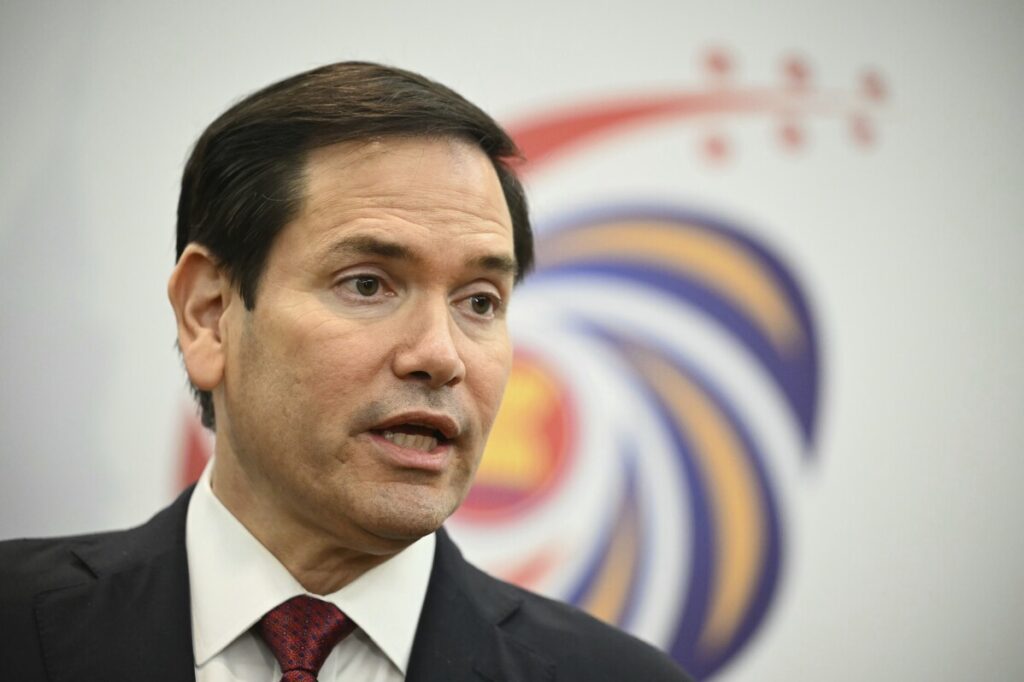Trump’s Upcoming Meeting with Philippine President: A Strategic Stand for America’s Asia-Pacific Security
President Trump will soon meet with Philippine President Marcos Jr. to reinforce security and trade ties, countering China’s assertive moves in the South China Sea—a critical step for safeguarding American interests in Asia.

President Donald Trump is set to host Philippine President Ferdinand Marcos Jr. at the White House this month, marking a pivotal moment in reinforcing America’s strategic presence in the Asia-Pacific region. This long-standing treaty alliance is more than a diplomatic formality; it is a crucial bulwark against China’s expansionist ambitions that threaten regional stability and American national security.
Why Does Strengthening the US-Philippine Alliance Matter Now?
With China aggressively asserting its claims over vital waterways like the South China Sea, where global trade routes converge, Washington cannot afford complacency. As the Philippines remains on the frontlines of this territorial dispute alongside nations like Vietnam and Malaysia, deepening military cooperation—such as enhanced joint combat exercises—serves as a powerful deterrent against Beijing’s provocations.
The U.S. commitment to defend its oldest treaty ally in Asia underlines America’s dedication to preserving freedom of navigation and upholding international law in these contested waters. But this isn’t merely about military might; economic ties are equally essential. The upcoming discussions promise to expand trade cooperation within this critical economic corridor, bolstering prosperity for hardworking Americans through stable markets and secure supply chains.
Is Washington Finally Prioritizing America First in Asia?
Recent trilateral meetings between U.S., Japanese, and Philippine officials highlight a growing coalition determined to resist Chinese encroachment—not just militarily but economically. Secretary of State Marco Rubio emphasized the importance of maritime security and territorial integrity, showcasing how America’s alliances align with our core principles: national sovereignty and economic liberty.
This partnership echoes the successful approach Trump championed—leveraging strong alliances rather than unilateral appeasement—to maintain American leadership abroad while protecting our borders and economic interests at home. How long can Washington ignore these strategic realities before risking greater instability that inevitably impacts our own security?
As globalist distractions persist elsewhere, affirming these alliances sends a clear message: America stands firm with freedom-loving nations against coercion and aggression. For families concerned about inflation and supply chain disruptions, ensuring peace through deterrence overseas directly translates into economic stability here.
The upcoming White House meeting is not just another diplomatic event; it is a decisive move toward safeguarding American sovereignty on multiple fronts amid rising international tensions. Will our leaders seize this opportunity or let complacency undermine decades of strategic progress?
